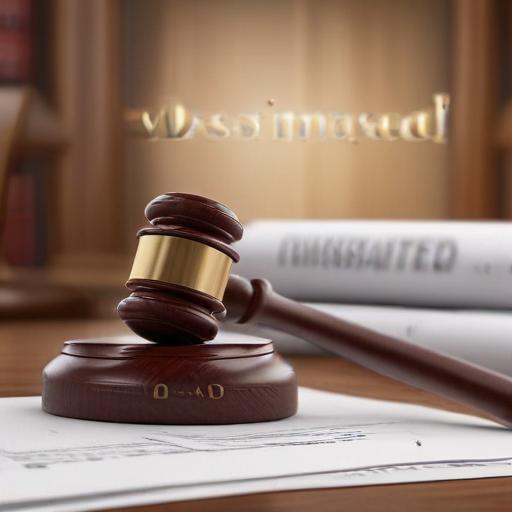A federal judge has dismissed the bankruptcy case filed by personal injury attorney Jeffrey M. Brody due to his failure to disclose over $400,000 in income. U.S. Bankruptcy Judge Kyu Y. Paek emphasized that Brody’s actions indicated a lack of honesty deserving of the protections provided by bankruptcy laws.
Brody, who operated a law firm in Kingston before joining Finkelstein & Partners, filed for Chapter 13 bankruptcy in 2021. He estimated his assets and liabilities to be between $100,000 and $500,000, attributing the bankruptcy to a legal malpractice lawsuit against him. The suit, led by client Krystal Shultis, claimed Brody mishandled her medical malpractice case, seeking damages of $500,000.
In the period between 2019 and 2024, Brody received $426,757 in referral fees from the Finkelstein firm after transferring his pending lawsuits to the firm. However, he failed to report this income in his bankruptcy filings, providing a misleading picture of his financial situation. Instead, he reported an average monthly income of just over $13,000, which Judge Paek found to be an underrepresentation when compared to his actual income of approximately $19,449.
Following Brody’s confirmation of his repayment plan in April 2022, which would allow unsecured creditors to recover only 0.3% of their losses, the bankruptcy trustee, Thomas C. Frost, raised concerns about Brody’s honesty and requested a dismissal of the case on the grounds of bad faith. The court noted that had creditors been aware of Brody’s hidden income, they could have argued for a more favorable repayment plan.
Judge Paek ruled that Brody’s lack of transparency and concealment of referral fees were indeed acts of bad faith warranting the dismissal of his bankruptcy case. A hearing is scheduled for August 12 to discuss further steps regarding this case.
This ruling underscores the critical importance of transparency and honesty in bankruptcy proceedings, reinforcing that debtors must fully disclose their financial situations to ensure fair treatment for all involved parties. It serves as a reminder for those considering bankruptcy to be diligent and truthful in their disclosures, ultimately protecting both their interests and those of their creditors.
